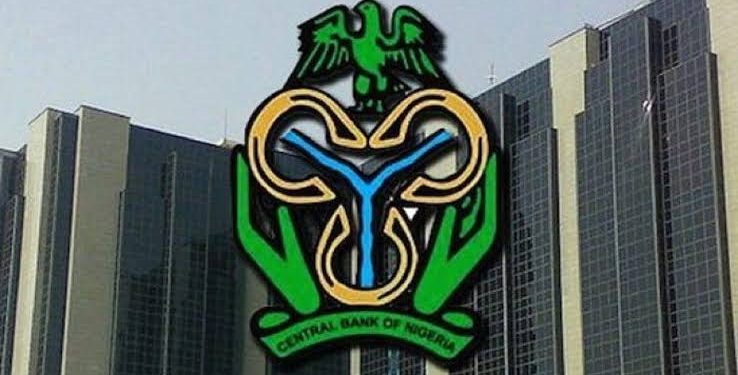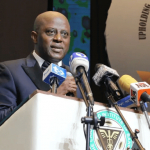The Governor of the Central Bank of Nigeria (CBN), Olayemi Cardoso, has called for incentives to be directed at manufacturers producing for export, stressing that the sector holds the key to diversifying Nigeria’s foreign exchange earnings away from crude oil.
Cardoso, represented by the Head of the Trade and Exchange Department at the CBN, delivered the message at the 54th Annual General Meeting of the Manufacturers Association of Nigeria (MAN), Apapa Branch, in Lagos.
Speaking on the theme, *“Complementing the Oil Sector as a Major Forex Earner: Strategy for Manufacturing to Fill the Gap,”* he said manufacturing can conserve foreign exchange, expand exports with value-added products, create jobs across value chains, and enhance macroeconomic stability. He urged stakeholders to pursue a coordinated long-term strategy that transforms the sector into a major source of forex earnings.
He identified key growth pillars such as policy alignment, investment in infrastructure and energy, improved access to finance and forex, value addition, and backward integration, particularly in agro-processing, petrochemicals, and solid minerals. According to him, Nigeria needs a comprehensive industrial policy that prioritises export-oriented manufacturing and aligns with trade, monetary, and fiscal frameworks.
Cardoso assured that the apex bank would continue to support the sector through proactive monetary policies and targeted financing interventions.
In his remarks, the Chairman of MAN, Apapa Branch, Raphael Danilola, urged the federal government to ensure that economic reforms do not cripple businesses. He emphasised that manufacturers need an enabling environment to survive and compete, especially under the African Continental Free Trade Agreement.
“The current economic downturn requires measures to help manufacturers stay in business. Our ability to compete regionally depends on supportive government policies and adequate infrastructure,” he said.
The Executive Secretary of MAN, Apapa Branch, Sunday Okpe Adejoh, also raised concerns over the duplication of regulatory functions by state agencies in Lagos, which he said increases costs for manufacturers. He called for a review of such overlapping mandates to ease the burden on businesses and attract investment.










